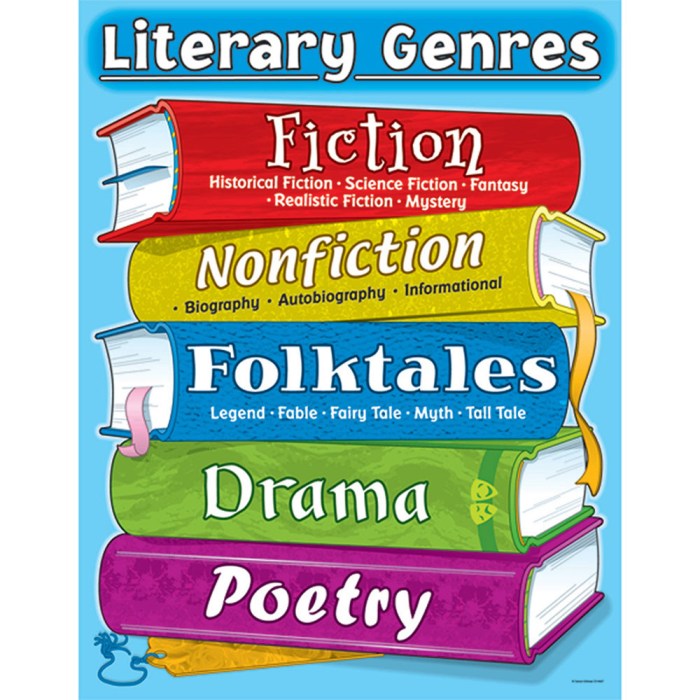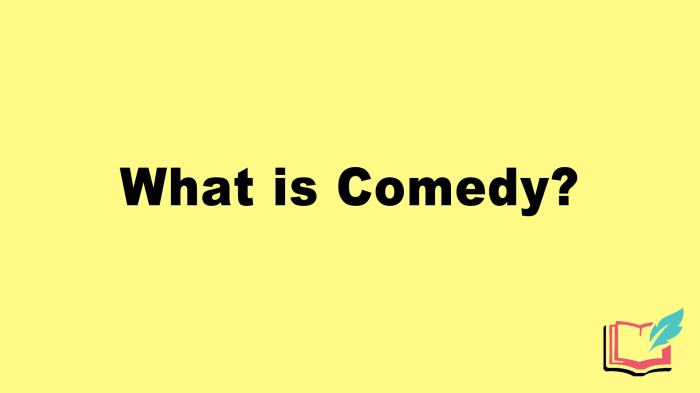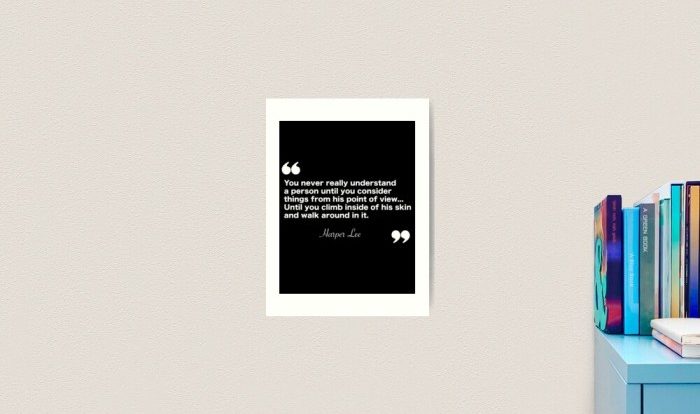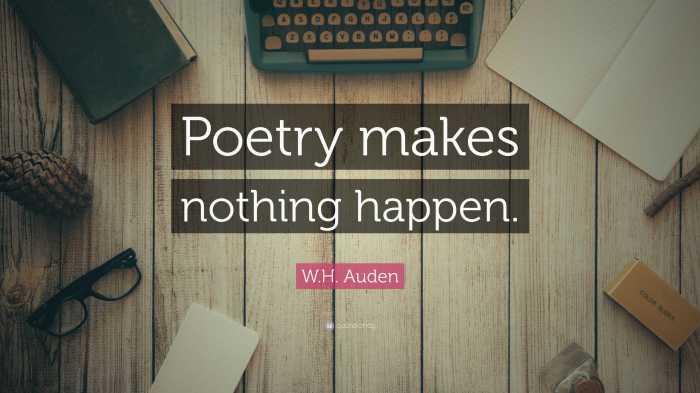What type of literature combines the amusing? This question invites us on a captivating journey through the realm of literary genres, where laughter, wit, and entertainment intertwine. From the satirical musings of ancient playwrights to the whimsical parodies of modern authors, humor has played an integral role in shaping the literary landscape.
This exploration delves into the elements that make literature amusing, from the clever use of irony and wordplay to the creation of eccentric characters and improbable situations. We trace the historical development of amusing literature, from its humble beginnings in oral storytelling to its flourishing in the digital age.
Finally, we critically examine the reception and interpretation of humorous works, acknowledging both their enduring appeal and the challenges they pose to critics and scholars.
Identify Literary Genres Combining Amusement

Literary genres are distinct categories of literature defined by their form, style, and subject matter. Genres that incorporate humor and entertainment include:
- Satire:Criticizes society, individuals, or ideas through wit and irony.
- Comedy:Evokes laughter through humor, wordplay, and witty dialogue.
- Parody:Imitates and mocks a specific work or genre, often for humorous effect.
Blending genres can create unique and amusing works that defy categorization, such as tragicomedies that mix humor and pathos.
Elements of Amusing Literature
Amusing literature employs various literary devices to evoke humor:
- Irony:Contrasts expectations with reality, creating a humorous effect.
- Wordplay:Exploits the multiple meanings and sounds of words for humor.
- Exaggeration:Amplifies or distorts reality for humorous effect.
Characterization, plot, and setting also contribute to amusing narratives:
- Eccentric characters:Characters with exaggerated traits or unusual behavior provide comedic relief.
- Farcical plots:Unlikely or absurd situations and events create humor.
- Humorous settings:Places with unexpected or amusing features add to the comedic atmosphere.
Timing and pacing are crucial for delivering humorous effects, ensuring that jokes land at the right moment.
Historical Development of Amusing Literature

Amusing literature has a rich history:
- Ancient Greece:Aristophanes’ comedies poked fun at social and political issues.
- Medieval Europe:Chaucer’s Canterbury Talesemployed humor and satire.
- Renaissance England:Shakespeare’s comedies explored human folly and love.
- 18th-century England:Jane Austen’s novels used wit and irony to critique society.
- 19th-century America:Mark Twain’s satire exposed social and political hypocrisy.
Social and cultural factors have influenced the popularity of amusing literature, reflecting changing tastes and values.
Critical Analysis of Amusing Literature: What Type Of Literature Combines The Amusing

Amusing literature has faced critical debate:
- Perceived value:Some critics dismiss it as frivolous or lacking literary merit.
- Interpretation:Interpreting humor can be subjective, leading to varying evaluations.
- Limitations:Creating and analyzing amusing literature requires a balance of humor and literary quality.
Despite these challenges, amusing literature continues to be valued for its ability to entertain, provoke thought, and provide a cathartic release.
Detailed FAQs
What are the key characteristics of amusing literature?
Amusing literature often employs irony, wordplay, exaggeration, and other literary devices to evoke humor. It may feature eccentric characters, improbable situations, and clever twists and turns.
How has amusing literature evolved over time?
Amusing literature has its roots in ancient oral storytelling and has evolved through various forms, including satire, comedy, and parody. It has been influenced by social and cultural factors, with humor often reflecting the concerns and preoccupations of the time.
What is the critical reception of amusing literature?
Amusing literature has received mixed critical reception, with some critics praising its ability to entertain and provide social commentary, while others have questioned its literary value and potential limitations.


